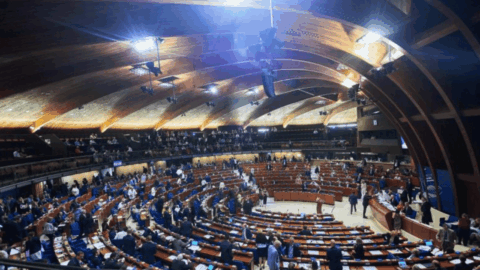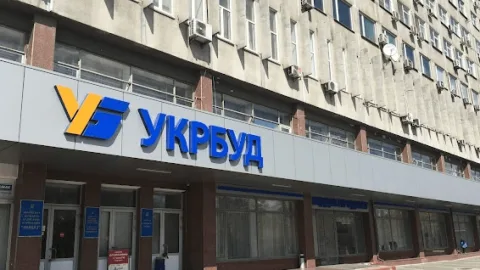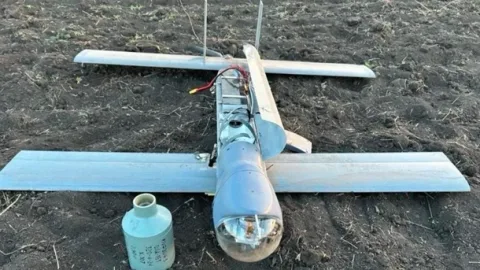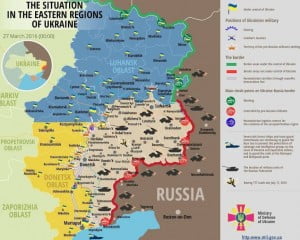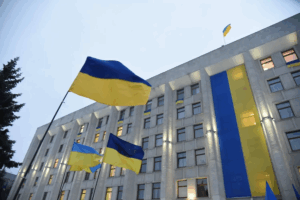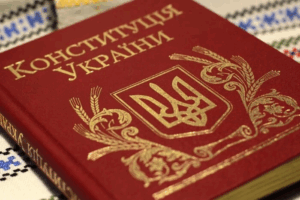Moscow Exchange announced the suspension of the US Dollar and euro trading starting today, June 13, 2024 “in connection with inclusion in the list of US sanctions.”
Restrictive measures were introduced not only against Moscow Stock Exchange, but also against the National Clearing Center, which acts as an intermediary in transactions with currency on the exchange.
Starting July 1, 2024 any circulation of US dollars and Euros in the Russian Federation will be banned due to new tough currency sanctions imposed by the United States and the EU.
Rostyslav Demchuk investigates.
This was announced today by the Chairman of the Central Bank of the Russian Federation Elvira Nabiulina.
The news that the Moscow Stock Exchange and its branches were cut off from trading in hard currency was reported by all the world’s media within an hour. Panic broke out among Russians. However, Elvira Nabiulina tried to calm her compatriots down, saying that the foreign currency deposits of Russian citizens would be safely kept in their accounts.
But that’s not all! While US President Joe Biden’s December decree prohibited foreign exchange transactions in favor of or on behalf of approximately 1,200 companies considered by the US to be associated with the Russian military industry, now the restrictions will apply to transactions with virtually all sanctioned organizations, the number of which exceeds 4,500. That is, they will include even those companies that have been sanctioned for reasons unrelated to supporting the war in Ukraine, such as Russia’s largest (strategic) state-owned banks: “Sberbank and VTB.”
The introduction of secondary sanctions in December has already yielded results, according to Washington. This year, leading Chinese banks, financial institutions in Turkey, the UAE, and Kazakhstan have become much more scrupulous about working with Russian clients and have withdrawn from cooperation with them. The situation with Chinese banks is particularly difficult for Russian importers.
As a result of the secondary sanctions, SberCIB analysts estimate that Russian imports fell by 30%, and after today’s sanctions, the drop in Russian imports could exceed 60%. In the import-export sector, Russia may return to the barter operations of the late Soviet Union.
On the contrary, Oleksandr Borovsky admits that trading in U.S. dollars and Euros on the Moscow Exchange is halting due to the sanctions imposed on the Moscow Exchange group. He believes that the interbank market remains, as do over-the-counter currency exchange platforms, and it is precisely based on the reports of these off-exchange transactions that the Central Bank will establish the current exchange rate of these currencies. Transparency is decreasing, but this does not mean that currency exchange operations will cease. They will simply move from the exchange to the interbank market.
However, in addition to the Moscow Exchange, U.S. sanctions “take out of the game” five major Russian banks — they will no longer be able to maintain correspondent accounts in U.S. dollars and euros outside of Russia. These include significant banks such as Promsvyazbank, Vnesheconombank, Sberbank of Russia, VTB Bank, and VTB Capital Holding.
Rostyslav Demchuk reminded on the above comment that starting from July 1, any circulation of US dollars and euros in the Russian Federation will be banned due to new tough currency sanctions imposed by the United States and the EU.
This was announced today by the Chairman of the Central Bank of the Russian Federation Elvira Nabiulina.
In addition, it became known that the UK has joined the US sanctions: more than 40 new positions against Russia, including against the Moscow Exchange and the St. Petersburg Stock Exchange – the UK government
At the same time, the Central Bank of Russia announced that the yuan will now become the main foreign currency in the country after the imposition of sanctions against the financial sector of the Russian Federation.
Economists believe that the trade balance and Russian international trade now depend on China’s financial performance.
Tags: EU Moscow exchange Russia sanctions u.s. dollars USA




